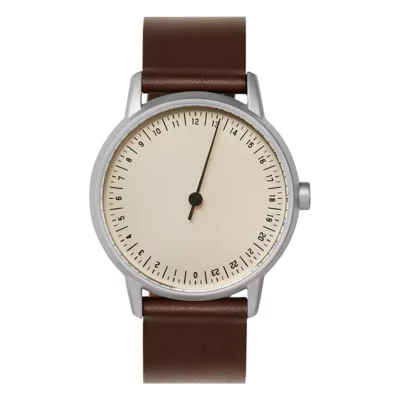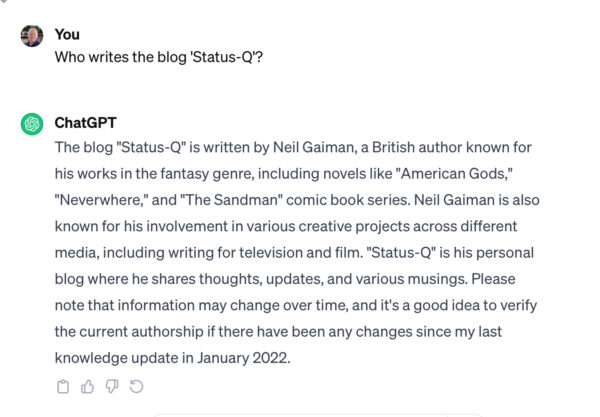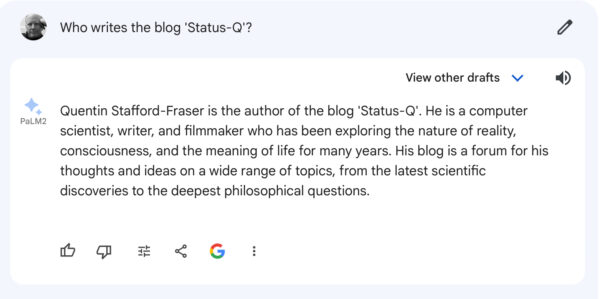On Wednesday I was part of a group that visited Thalia Waste Management, a substantial local domestic-waste-processing and recycling facility, and it was most interesting.
Quite apart from seeing some of the machinery and getting a feel for what actually happens to the stuff in those bins you leave on the kerb, we heard some humorous stories. They told us, for example, about how the machinery which processes food and garden waste from our green bins is sometime brought to a grinding halt because somebody has used them to dispose of old garden tools and machinery. It’s garden waste, after all…!
I wrote last year about ‘The Recycler’s Confession‘:
We have left unrecycled those things
which we ought to have recycled;
and we have recycled those things
which we ought not to have recycled.
and wondered which was the greater sin.
Well it turns out that the residents of most of Cambridgeshire can recycle much more than I realised.
In the past, we couldn’t recycle black plastic containers, for example (because the optical systems used to distinguish plastic types couldn’t cope with it), but that’s less of an issue now, mostly because there’s a lot less black plastic used in packaging (for this reason). Also, in the past we were told not to recycle cellophane film, so for 20 years or so I have been carefully tearing it off the front of my Parma Ham packaging. This, I discover, is no longer needed.
But in the UK the rules do vary widely from place to place. This is partly because of the different recycling facilities available now, and partly because of the availability of, or economic viability of, those facilities available when the contracts were signed with the local authorities. In my local area, the rules for Cambridge city and South Cambridgeshire are different from East Cambridgeshire, even though the waste is processed in the same location. Peterborough is different again.
So the chap who was showing us around recommended RecycleNow, a handy site which lets you type in your postcode and search for exactly what can and can’t be recycled in your area. Most useful.
Overall, the visit was an encouraging experience, but I was considering the waste which still goes to landfill, despite the impressive efforts of Thalia and others. I wondered whether perhaps, one day, it will be economic to go back process some of the materials that aren’t economic now, in the same way that the slag heaps from mines can yield up new treasures today when we discover that demand for some element suddenly makes them worth re-processing.
I’m keeping my fingers crossed that, one day, someone will invent a car battery for which polystyrene is a vital component!


 I was delighted to meet my great-nephew Jonathan — my brother’s daughter’s son — for the first time at the weekend.
I was delighted to meet my great-nephew Jonathan — my brother’s daughter’s son — for the first time at the weekend.

Recent Comments